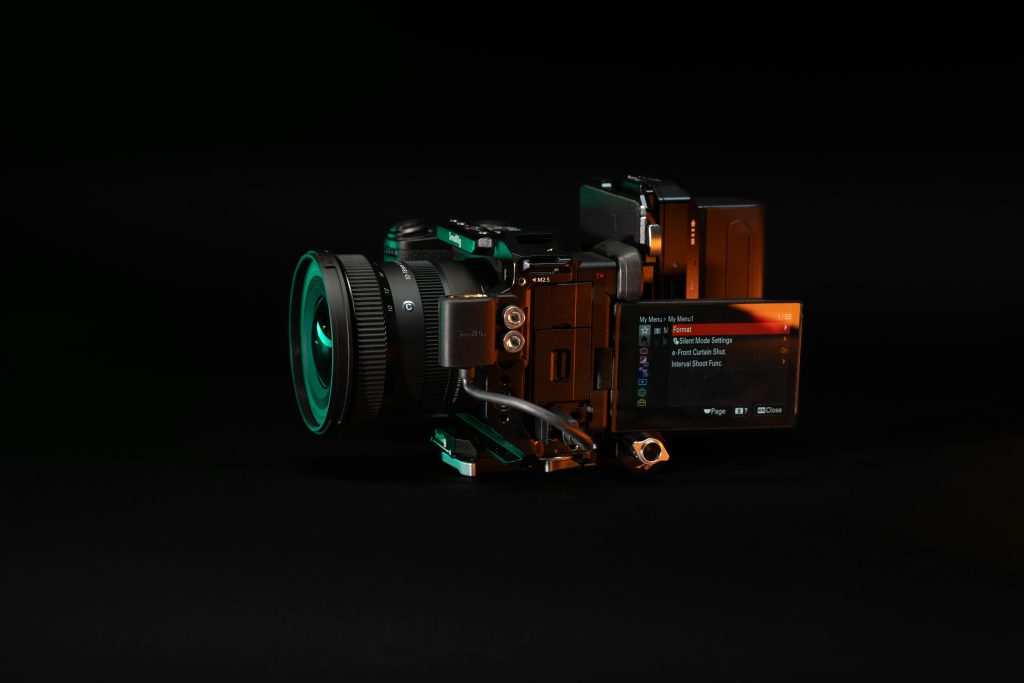Understanding the Low Market Share of Radeon GPUs: Insights from the Steam Hardware Survey
The Steam Hardware Survey has recently raised questions regarding the surprisingly low market share of Radeon graphics cards. If you’ve been following this topic, you may have encountered some skepticism surrounding the concerns raised, but let’s delve into the details and clarify the situation.
A recent finding, showcased in a series of images, highlights an important aspect of the survey that seems to have been overlooked. When a system equipped with an integrated GPU is running a discrete Radeon GPU, such as the AMD Radeon 9070XT, Steam appears to register the graphics performance as “AMD Radeon (TM) Graphics.” This misrepresentation can lead to significant inaccuracies in the hardware data collected during the survey.
Although the original findings were presented in Polish, they reveal critical information about how Steam categorizes GPU data. Users have raised these concerns on various forums, including Steam’s beta channel, suggesting that it’s imperative for both Steam and AMD to take notice. If developers rely on this survey for market insights, the potential misrepresentation could have detrimental effects on how GPU manufacturers are perceived in the gaming community.
A deep dive into the data indicates that many Radeon cards are not accurately representing their strengths within the survey. A distinct discrepancy was noted, especially within Linux users compared to Windows users, which points towards a larger issue at play.
Currently, the survey indicates that AMD holds a mere 17% market share, a statistic that clearly does not reflect the actual usage of Radeon graphics cards among gamers. This discrepancy could be remedied, at least temporarily, by disabling the integrated GPU, but this workaround is not a long-term solution.
In a recent update, it appears that the issue is not limited to AMD cards alone; NVIDIA cards also seem to be experiencing similar data mix-ups. The root cause appears to stem from dual GPU setups, where Steam combines data from both integrated and discrete graphics processors, leading to misleading results in the survey.
The community is encouraged to raise awareness about this issue, in hopes that Valve addresses the matter promptly. Accurate representation within the Steam Hardware Survey is crucial for fair competition and informed decision-making within the gaming hardware market. Let’s continue to advocate for transparency and accuracy in hardware representation.
Share this content:



